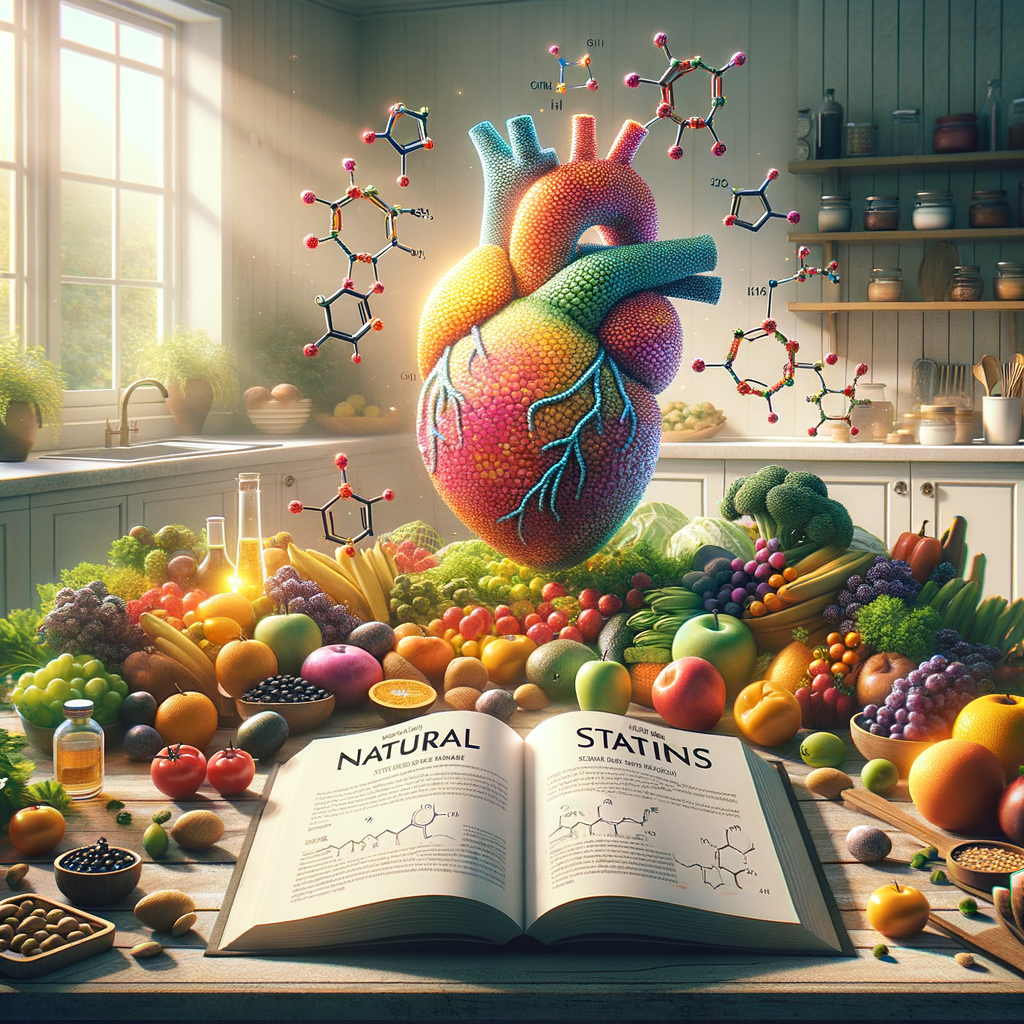The Health Benefits of Mackeson Stout Beer: A Source of Iron and a Blood Tonic
In recent years, the appreciation for craft beers has grown significantly, leading to an increased interest in their potential health benefits. Among these beverages, Mackeson Stout stands out not merely for its rich flavor but also for its nutritional composition, particularly as a source of iron and its potential as a natural blood tonic. This blog post delves into the multifaceted health benefits of Mackeson Stout, offering insights into how moderate consumption can contribute positively to one’s health.
Understanding Iron and its Importance
Iron is a vital mineral that plays a critical role in various bodily functions. It is essential for the production of hemoglobin, the protein in red blood cells responsible for transporting oxygen throughout the body. This section will explore why iron is important:
- Energy Production: Iron is a key component in the energy production process, allowing the body to utilize oxygen effectively.
- Immune Function: Adequate iron levels are crucial for a functioning immune system.
- Cognitive Health: Iron supports cognitive development and function, influencing memory and focus.
The Nutritional Profile of Mackeson Stout
Mackeson Stout, a renowned milk stout beer, is particularly noteworthy for its unique nutritional profile. Here are some key points regarding its composition:
- Calories and Carbohydrates: Mackeson Stout contains about 210 calories per 12-ounce serving, with carbohydrates contributing to its creamy texture.
- Vitamins and Minerals: It is also enriched with various B vitamins, which are essential for energy metabolism.
- Iron Content: A standard serving contains around 0.5 mg of iron, contributing positively to daily dietary needs.
Mackeson Stout as a Blood Tonic
While beers are usually considered indulgent beverages, Mackeson Stout offers certain health benefits that can be associated with blood health. Here are some ways it functions as a blood tonic:
- Increased Iron Availability: The presence of iron in Mackeson Stout helps in preventing anaemia, especially in individuals with dietary restrictions.
- Enhanced Nutrient Absorption: The fermentation process makes certain nutrients more bioavailable, including iron and B vitamins.
- Improved Digestion: The probiotics found in certain stouts can aid in digestion, allowing more effective nutrient absorption.
The Role of Moderation
It is important to note that all benefits associated with Mackeson Stout come with the caveat of moderation. Excessive alcohol consumption can lead to health complications rather than improvements. Here are some guidelines for enjoying Mackeson Stout responsibly:
- Consume in moderation—aim for one drink per day for women and two for men.
- Pair the stout with a balanced meal to optimize nutrient absorption.
- Stay hydrated by drinking water alongside alcoholic beverages.
Conclusion
In conclusion, Mackeson Stout offers a delicious and multifaceted approach to health, serving as a source of iron and a potential blood tonic when consumed responsibly. Its unique nutritional profile and rich, creamy flavor make it an enjoyable choice for those looking to enhance their dietary iron intake. As with all things in nutrition, balance is the key, and understanding the implications of moderate consumption can lead to improved well-being. Cheers to your health!
There you have it… See what works for you…
Campbell M Gold
To Create Health, Wealth, Success, and Longevity through the Power of Your Subconscious Mind, Visit: Campbell M Gold.com
Visit The Store and see what else can be of help































